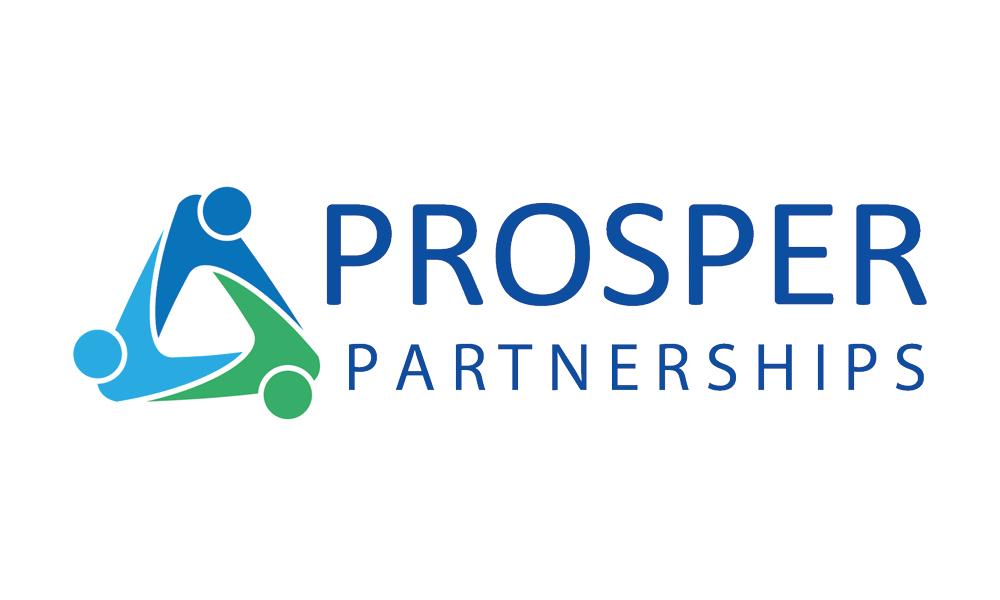School belonging: A potential tool for preventing youth suicide

Mom-and-daughter
May 22, 2025
Suicide is one of the most common causes of death among young people, following accidents and murder, according to the United States Centers for Disease Control and Prevention. Programs that work with young people to prevent destructive behavior like drug use have been shown to also reduce suicide risk. A new study by researchers in the Penn State College of Health and Human Development and at Iowa State University demonstrated how one prevention intervention leveraged students sense of belonging in school to reduce suicidal thoughts among teens.
The Promoting School-Community-University Partnerships to Enhance Resilience (PROSPER) program, run for over two decades by researchers at Penn State and Iowa State University, is a training delivered to sixth-grade students. Families in PROSPER receive training designed to —among other things — improve child-parent relationships and increase a child’s sense that they belong in their school.
Results of the study were published in Prevention Science.
“Interventions delivered in middle school can set in motion a chain reaction of benefits that ultimately reduces risk for young adult depression and suicide.”
– Greg Fosco, Professor of Human Development and Family Studies
PROSPER has been shown to help youth in their families in multiple ways, according to Greg Fosco, professor of human development and family studies and Edna Bennett Pierce Faculty Fellow in Prevention Research at Penn State and co-author of this study.
“This study offers exciting new insights into the “cross-over effects” of PROSPER and potentially other substance-use-prevention programs for young adult suicide risk,” Fosco said. “Although these outcomes were not the original focus of the interventions, recognizing this important effect helps us better appreciate the wide-reaching public health impact of the programs, and the importance of supporting and implementing evidence-based prevention programs.”
The researchers studied data from nearly 2,000 students who participated in PROSPER in sixth grade and also provided data at age 19. It is normal for students to report feeling lower and lower sense of belonging in their school across middle and high school. Individuals who participated in PROSPER sense of belonging in school also decreased across adolescence, but it decreased significantly less than individuals who did not participate in PROSPER. Youth with this higher sense of belonging in school experienced fewer symptoms of depression and suicidal thoughts.
These results demonstrate the importance that school belonging may have in youth suicide prevention, the authors said.
“This study documents how interventions delivered in middle school can set in motion a chain reaction of benefits that ultimately reduces risk for young adult depression and suicide,” Fosco said. “Specifically, PROSPER-delivered programs support adolescents’ sustained school belonging, which supports their long-term success. Ultimately, the result is lower risk for depression and suicide risk in young adulthood.”
Sunhye Bai, Mark Feinberg, and Richard Spoth also contributed to this research.
School belonging: A potential tool for preventing youth suicide

Mom-and-daughter
May 22, 2025
Suicide is one of the most common causes of death among young people, following accidents and murder, according to the United States Centers for Disease Control and Prevention. Programs that work with young people to prevent destructive behavior like drug use have been shown to also reduce suicide risk. A new study by researchers in the Penn State College of Health and Human Development and at Iowa State University demonstrated how one prevention intervention leveraged students sense of belonging in school to reduce suicidal thoughts among teens.
The Promoting School-Community-University Partnerships to Enhance Resilience (PROSPER) program, run for over two decades by researchers at Penn State and Iowa State University, is a training delivered to sixth-grade students. Families in PROSPER receive training designed to —among other things — improve child-parent relationships and increase a child’s sense that they belong in their school.
Results of the study were published in Prevention Science.
“Interventions delivered in middle school can set in motion a chain reaction of benefits that ultimately reduces risk for young adult depression and suicide.”
– Greg Fosco, Professor of Human Development and Family Studies
PROSPER has been shown to help youth in their families in multiple ways, according to Greg Fosco, professor of human development and family studies and Edna Bennett Pierce Faculty Fellow in Prevention Research at Penn State and co-author of this study.
“This study offers exciting new insights into the “cross-over effects” of PROSPER and potentially other substance-use-prevention programs for young adult suicide risk,” Fosco said. “Although these outcomes were not the original focus of the interventions, recognizing this important effect helps us better appreciate the wide-reaching public health impact of the programs, and the importance of supporting and implementing evidence-based prevention programs.”
The researchers studied data from nearly 2,000 students who participated in PROSPER in sixth grade and also provided data at age 19. It is normal for students to report feeling lower and lower sense of belonging in their school across middle and high school. Individuals who participated in PROSPER sense of belonging in school also decreased across adolescence, but it decreased significantly less than individuals who did not participate in PROSPER. Youth with this higher sense of belonging in school experienced fewer symptoms of depression and suicidal thoughts.
These results demonstrate the importance that school belonging may have in youth suicide prevention, the authors said.
“This study documents how interventions delivered in middle school can set in motion a chain reaction of benefits that ultimately reduces risk for young adult depression and suicide,” Fosco said. “Specifically, PROSPER-delivered programs support adolescents’ sustained school belonging, which supports their long-term success. Ultimately, the result is lower risk for depression and suicide risk in young adulthood.”
Sunhye Bai, Mark Feinberg, and Richard Spoth also contributed to this research.
Related People
Related People











